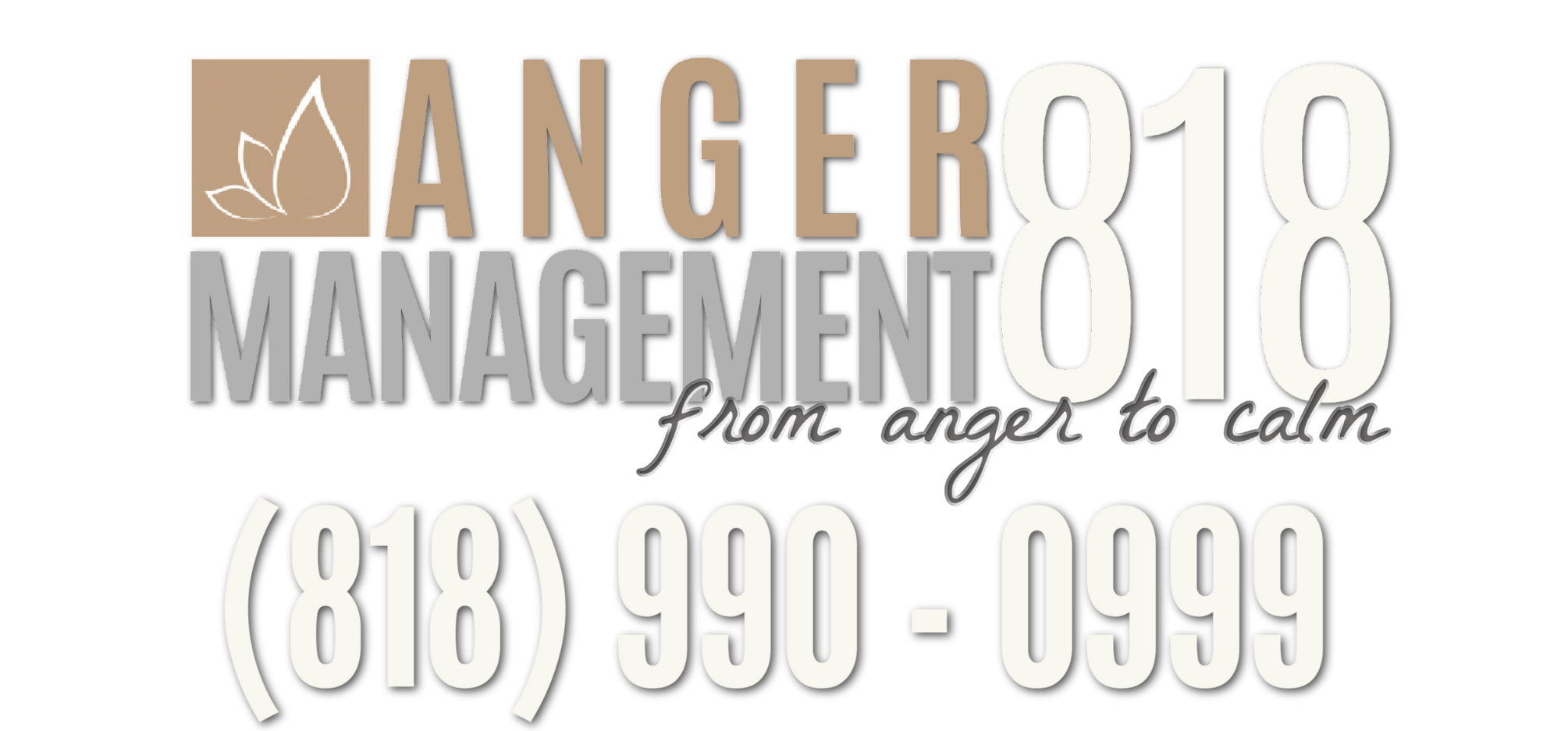There’s a unique kind of anger that bubbles up when your personal boundaries are violated, especially after you’ve clearly and calmly communicated them. Maybe you’re gearing up for a difficult conversation with a partner, friend, or family member, but you realize you’re not in the right headspace. You pause and say, “I need a moment to calm down before we continue.” You’re not running from the discussion—you’re setting a boundary to protect your emotional well-being. But instead of receiving respect, you get pushback. They might accuse you of shutting down or not caring enough. That moment, when your need for space is ignored, is a classic example of a boundary violation. And it can leave you feeling disrespected, frustrated, and angry.
What Does It Really Mean to Set a Boundary?
Boundary setting is an essential part of anger management and emotional regulation. Boundaries are the limits we establish to feel safe, respected, and emotionally secure, both with others and ourselves. They sound like:
“Please don’t raise your voice. If it continues, I’ll need to end this conversation,” or
“I’m not available this weekend—I need some time to recharge.”
But here’s the hard truth: not everyone will respect your boundaries. And when that happens, the emotional response—anger, resentment, sadness—is valid.
Regaining Control When Boundaries Are Ignored
In moments of boundary violation, it’s easy to internalize the disrespect or try to over-explain yourself. But rather than fixating on how others respond, shift your focus to what you can control. You can control how you communicate your boundaries. You can choose whether or not to remain in a conversation or situation. What you can’t control is how others behave—or whether they honor your needs.
If someone repeatedly disregards your boundaries, it may be time to reevaluate the relationship. Ask yourself:
- Do I feel emotionally safe around this person?
- Am I compromising my values just to maintain this connection?
- Do I feel respected and supported, or silenced and dismissed?
- Am I explaining myself constantly just to be heard?
These reflections aren’t about cutting people off impulsively—they’re about protecting your peace. Sometimes, maintaining a relationship means reworking your expectations and giving less of yourself where you’re not respected.
Acceptance Isn’t Approval
In anger management work, acceptance is often misunderstood. Acceptance doesn’t mean you approve of someone’s behavior or let them walk all over you. It means you acknowledge reality—you recognize that this person may not have the emotional tools to meet your needs or respect your boundaries. And once you accept that, you free yourself from the exhausting cycle of trying to change them.
When you lean into acceptance, you’re empowered to take steps to protect yourself. Yes, it might be uncomfortable. Yes, it might feel lonely or even guilt-inducing at first. But in the long run, it can lead to more authentic, respectful relationships—and a stronger sense of self-worth.
Rebuilding Trust in Yourself
Anger is often a signal—your internal alarm system telling you that your boundaries are being crossed or your needs aren’t being honored. Trusting yourself enough to listen to that alarm, to stay firm in your boundary setting, and to walk away from disrespect—that’s where real growth happens.
If you’re struggling with repeated boundary violations or you’re feeling overwhelmed by anger in your relationships, it may help to talk to a therapist. At Anger Management 818, our team of certified anger management specialists can help you establish healthier boundaries, manage anger, and foster stronger relationships built on mutual respect.
You don’t have to manage this on your own. Reach out today to start building a life where your boundaries are seen, heard, and honored.

Rita Akhian, AMFT#142256 is an Associate Marriage and Family Therapist at Avedian Counseling Center offering individual, couples, and family therapy in Sherman Oaks and Glendale. Rita works under the licensed supervision of Chrys Gkotsi, LMFT #113638.




